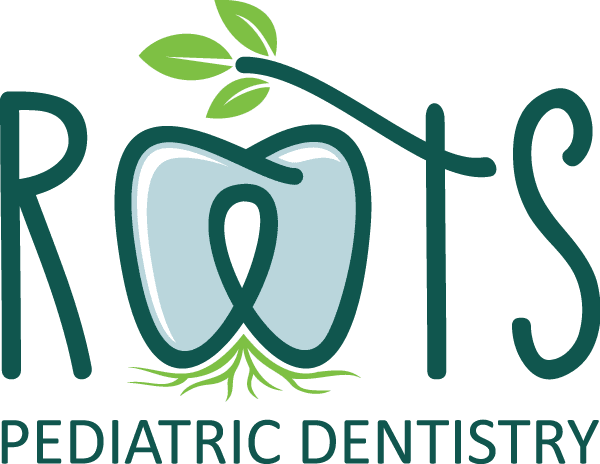FAQs
When should I schedule my child’s first dental visit?
Answer:
Children should see the pediatric dentist within the first 6 months of the eruption of their first tooth, or by their first birthday.
How can I prepare for a great dental visit?
Answer:
- If you have a child with severe anxiety or previous traumatic dental experience, consider a quick “get acquainted” visit to briefly introduce your child to the dental office and team before their first appointment.
- Select an appointment time when your child is alert and rested. Some children do better first thing in the morning, while other children do better after naptime or mealtime.
- Children often perceive a parent’s anxiety, making them more fearful. As a parent, you play a key role in making your child’s dental visit successful. It is best to not use words like “hurt,” “shot,” or “drill” that may have a negative impact on your child’s perception of the dentist.
- Read your child a story or watch a video about a positive dental visit to prepare your child for their appointment.
- Allow the pediatric dentist to engage with your child. If the dentist does most of the talking to your child, a better relationship will be built between the two.
Will I be able to accompany my child during their dental visit?
Answer:
Parents are always welcome to accompany their child during their dental visit, and are encouraged to be active participants in their child’s care by asking questions.
Why do baby teeth matter?
Answer:
While it is true that baby teeth (primary teeth) eventually fall out, they are important for multiple reasons in the meantime. Baby teeth hold space for the permanent teeth to grow in. If a baby tooth is lost prematurely, other teeth can shift into the empty space, causing overcrowding and orthodontic problems. In addition, infection from a severely decayed baby tooth can spread to the bone and surrounding gums, causing pain, swelling, and damage to the developing permanent tooth. In severe cases, it can affect a child’s quality of life.
